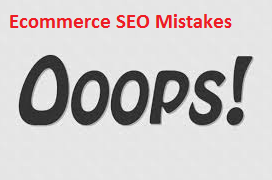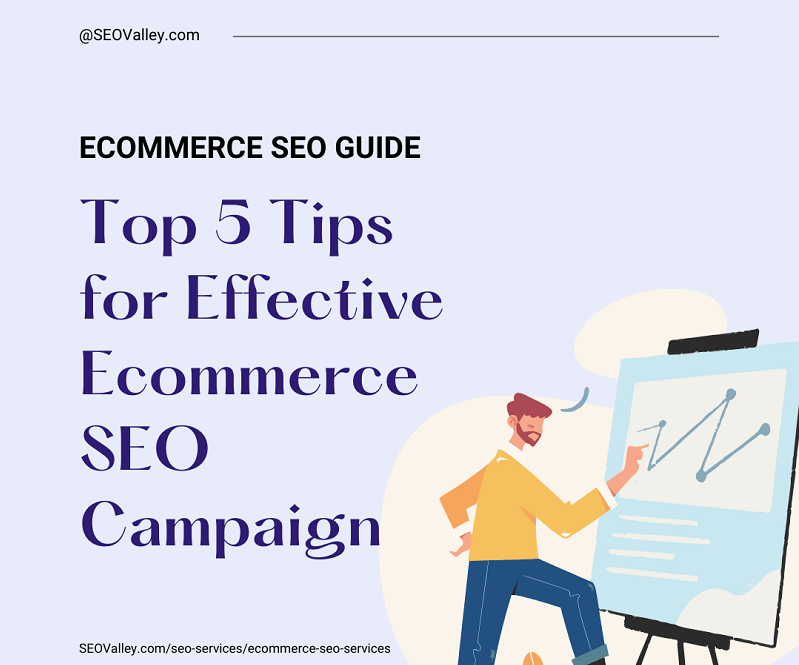Marketing departments face constant pressures of making e-commerce sites stand out to people and keep them engaging enough to increase retention and in turn, sales. In the ever-changing world of search and Google rankings, this can be an extremely difficult responsibility that leads many into taking aggressive actions with their optimization, not realizing they are contributing to the untimely death of their e-business. If you are struggling to cope with SEO for your business website, it might be high time to call in the help of professionals. In the mean time, take a look at the following fatal e-commerce SEO mistakes a lot of businesses make and you should avoid falling into:

- Product pages that lack product descriptions – This is common in online gift stores and clothing shops. In an effort to prominently feature each product with their page, a lot of e-commerce store owners forget that search engines are suckers for text. The complete lack of text descriptions in product pages not only puts an end to their chances of ever getting into top ranks in search queries, but also prevents clients from seeing the true value of the product.
Descriptions, however brief in item cards, help search engines and users make sense of your products better. If you worry about duplicate content in very similar products, spend more time in making up product descriptions that will help your SEO efforts. Write descriptive content that will help customers in their purchasing decision instead of stuffing too many keywords into sentences. Avoid copying from other websites, especially when reselling items, and test your description word count because too much content may also hurt your SEO efforts. - Few to no product reviews – At least 70 percent of buyers turn to product reviews in online stores before making their purchase decision. When your website lacks this feature, customers have no reference that can help push them into buying your products. Reviews are also great ways to up-sell, especially when you have solid brand ambassadors in your site.
- Not optimizing pages based on their search demand – Consumers often think the same. This means the words they type into their search engines are likely identical. If you forget to check search demand for your niche, you may be losing precious clients to your competitors. Make sure that your product pages are optimized according to search demand. This means proper keyword research and smart key phrasing that reflects what consumers are looking for.
- Non-Unique Titles – Duplicate title tags could also be hurting your optimization efforts. Avoid identical values as this may cause problems down the line. In an effort to cope with the fast pace of e-commerce, many have stopped observing the simple rule of simplifying titles and creating unique title tags. Focus on unique key phrases if using and repeating the same keywords cannot be helped. After all, online shoppers usually search for key phrases as opposed to single keywords anyway. A good tip to follow when creating title tags is to survey customers and find out the kind of language they use when talking about the products that you sell. This will help you structure phrases in ways that they do.
- Forgetting “Speaking” URLS – A speaking URL is essentially a keyword friendly URL. This means URLs that tell readers exactly what the page is all about. This is important in keeping your URLs unique and making your site more reader and search engine friendly. There are three major reasons why you should use speaking URLs, one is keyword and anchor link correlation, two is relevancy, and three is semantics.










